Ignition Control Module (ICM) is an essential component in an engine’s ignition system, tasked with managing the timing and firing of the ignition system. It receives input from various sensors and processes this data to control the ignition coils and distributor, ensuring the engine receives the optimal spark at the right time for efficient combustion. The ICM plays a key role in regulating ignition timing, which affects engine performance, fuel efficiency, and emissions. Constructed from durable electronic components, the module is designed to withstand high temperatures and vibrations within the engine compartment. Proper functioning of the ICM is critical for smooth engine operation, reliable starting, and overall engine efficiency.
| Feature | Details |
|---|---|
| Component Type | Ignition Control Module (ICM) |
| Function | Manages ignition timing and firing |
| Location | Typically located in the engine compartment |
| Inputs | Receives signals from sensors (e.g., crankshaft, camshaft) |
| Outputs | Controls ignition coils and distributor |
| Material | Durable electronic components |
| Applications | Enhances engine performance, fuel efficiency, and emissions |
| Maintenance | Regular checks for functionality and possible replacement |
| Benefits | Ensures optimal ignition timing, improves engine reliability |




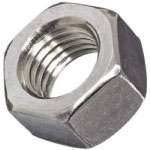
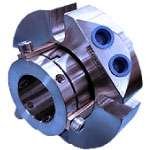





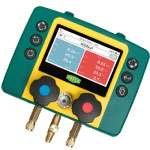








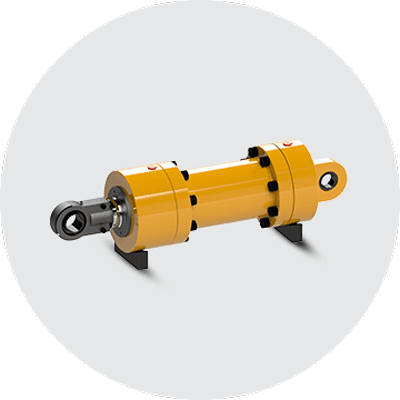
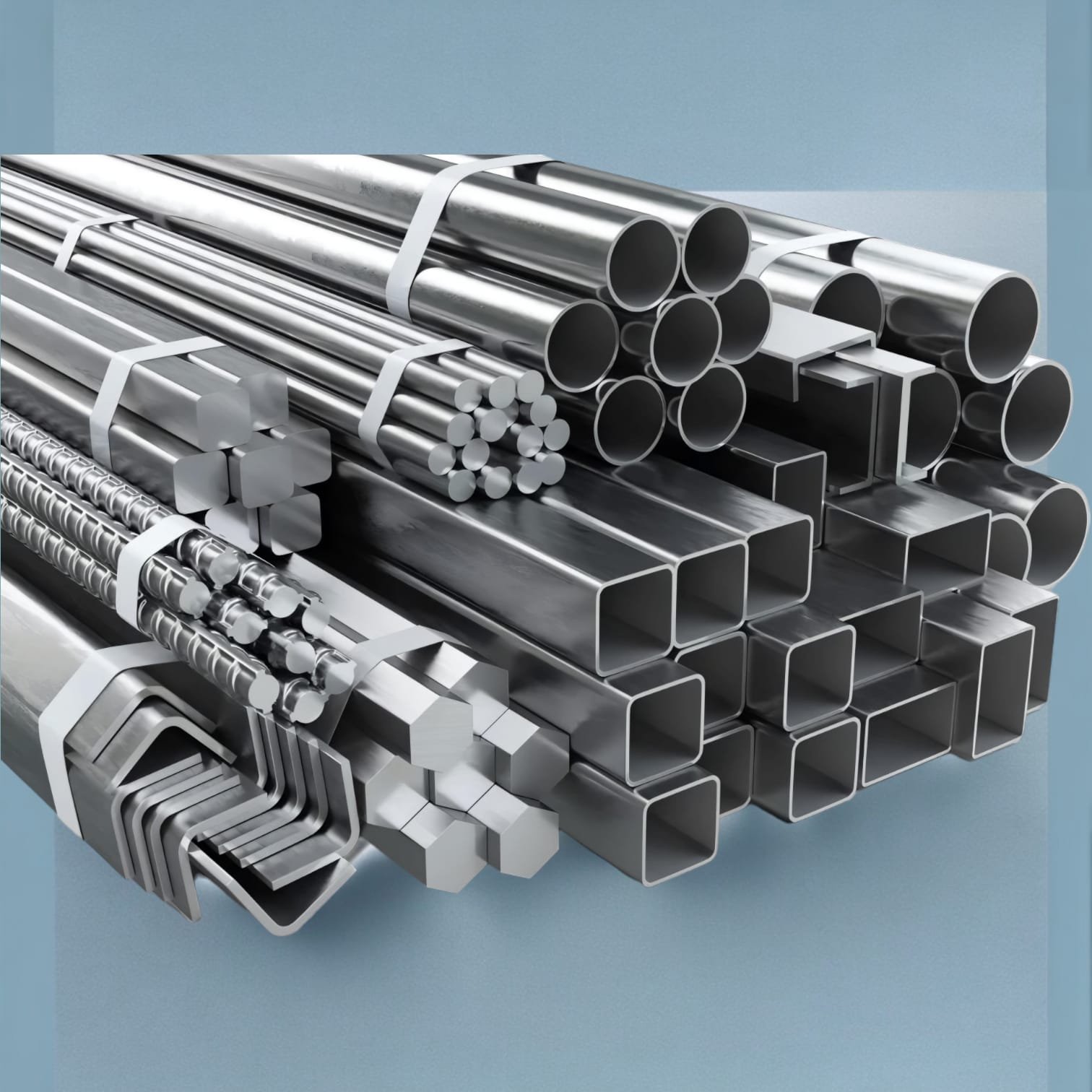















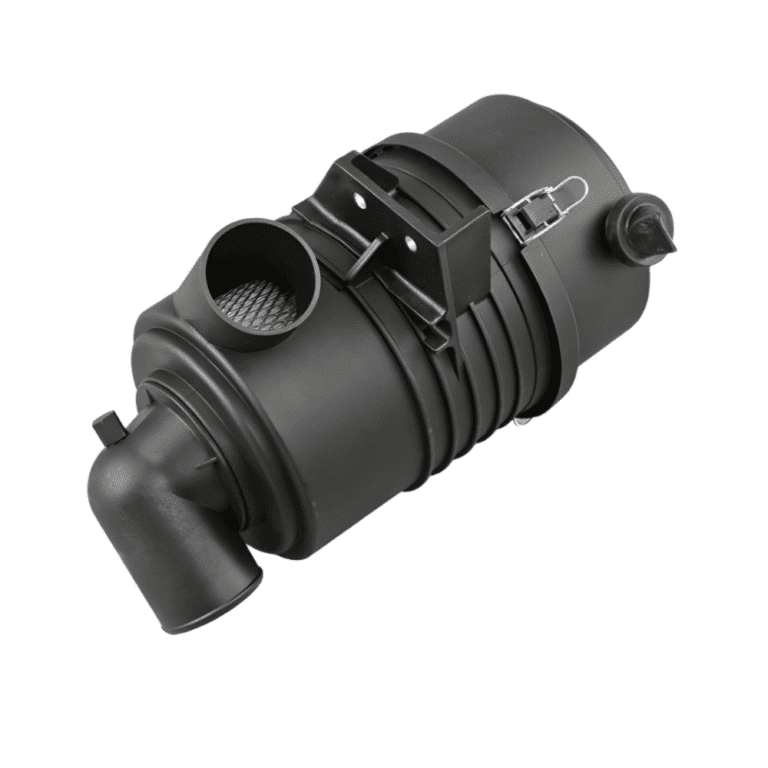









Reviews
Clear filtersThere are no reviews yet.